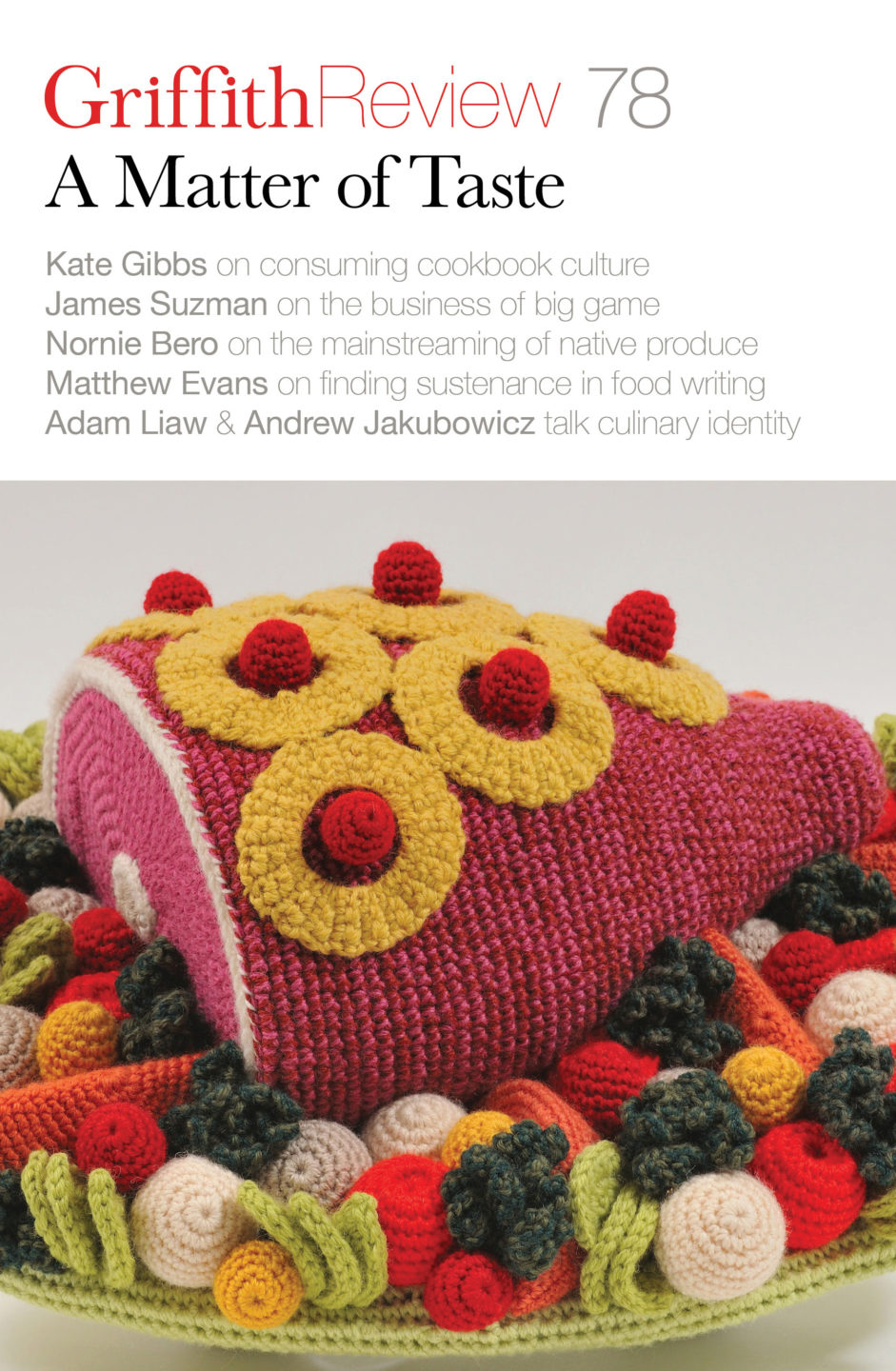Featured in

- Published 20221101
- ISBN: 978-1-922212-74-0
- Extent: 264pp
- Paperback (234 x 153mm), eBook


Already a subscriber? Sign in here
If you are an educator or student wishing to access content for study purposes please contact us at griffithreview@griffith.edu.au
Share article
More from author

The whole truth
Non-fictionActing methods...have remarkable similarities to spiritual cults. They have leaders, dogmas, even seminal texts. They have supervised rites and orthodox practices. They have stages of enlightenment, and trained leaders who will inform you whether you’ve reached such heights (and you usually haven’t, unless you’re sleeping with the leader in question).
More from this edition

Big Blueberry
ReportageToday blueberries are grown across the globe. In Australia, blueberry production tripled in the five years to 2021, and the fruit is grown almost year-round – a perpetual river of fructose and antioxidants shipped across the country...

Gut instinct
In ConversationUsing identical, machine-made food items accentuates the traces of consumption. In works where participation is open to the audience as co-creators, I have found there’s not just one way to consume...

Heat and hope and attention
MemoirRules that were once rooted in religion have settled into our insides as secular, self-imposed rules about ‘good’ food and ‘bad’ food and, by extension, ‘good’ bodies and ‘bad’ bodies.